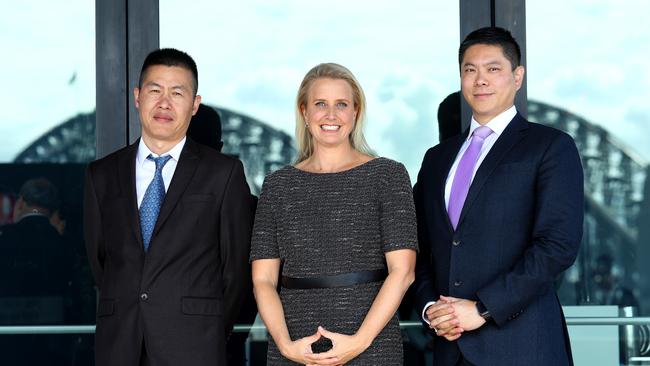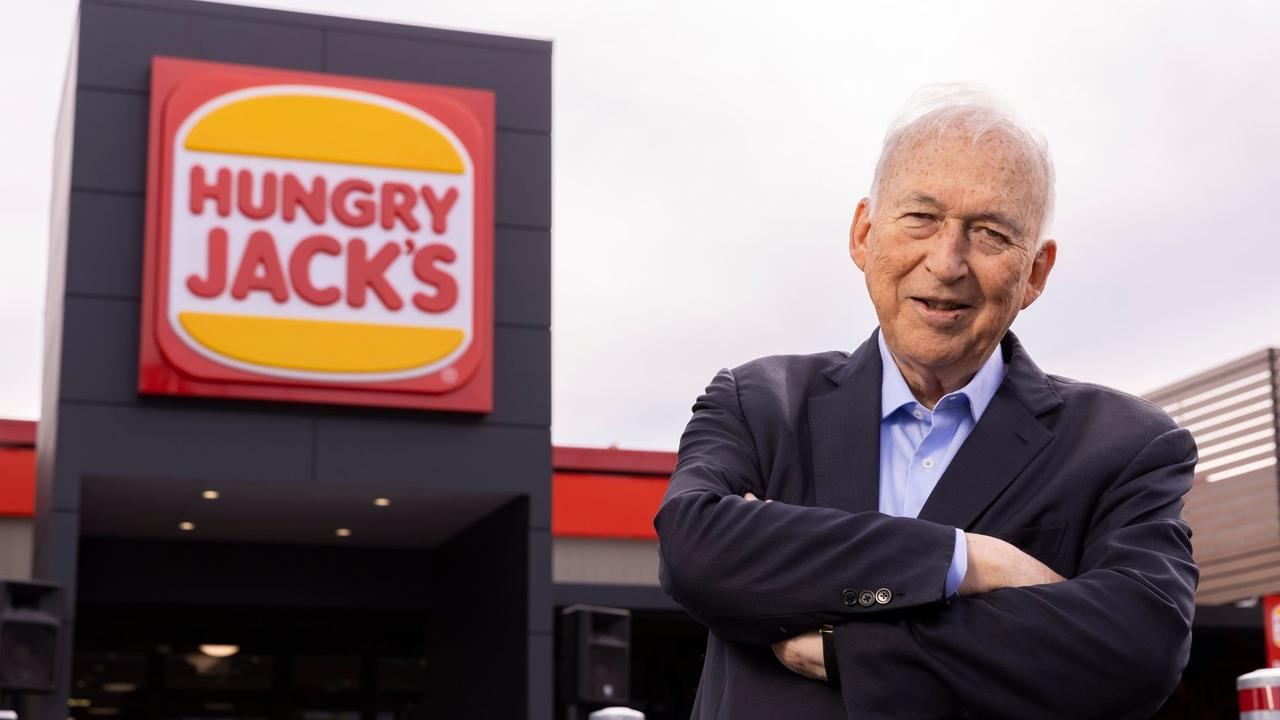Bubs shares surge 40pc after group weans itself off Chinese daigous
Bubs is turning around after a savage 2020, with the company marking a new approach to the China market.

Bubs chief executive Kristy Carr has declared the infant nutrition company she founded has bounced back and resumed growth, after it weaned itself off the Chinese reseller “daigou” market.
Investors loved the news, sengin the company’s shares surging 38.9 per cent – a three-month high – to 50c on Wednesday.
Bubs revenue near doubled to $18.5m in the three months ending September 30 compared with the same period last year, after international travel bans sparked the collapse of the Chinese daigou trade that had underpinned the company.
Ms Carr said Bubs had “reset” its strategy to become less dependent on Chinese tourists and students buying Bubs’ products from Australian stores and sending them back to China. Now it relied on more traditional distribution arrangements, involving shipping products in bulk to bonded warehouses for dispatch.
“Our key out-take throughout the entire Covid 18 months is the main Chinese consumer demand for our products has never changed. What changed was the channel and how we filtered products through that channel,” Ms Carr said.
“More than half of our products get shipped in bulk by sea container to China.
“Instead of the entire Australian daigou community and reseller community, touching and handling and buying the product sort of two tins at a time and sending it in individual parcels to consumers, we now reallocate the stock for shifts of stock to big bonded warehouses.”
She said Bubs’ distribution partner has several bonded warehouses in China and has created a digitised system. While this method is more capital intensive than the reseller market, it gives Bubs greater oversight and transparency of its inventory, insulating it against future shocks in the daigou trade.
A2 Milk, which relied on the daigou market to propel it to riches, has adopted a similar strategy. Following Bubs’ first-quarter results, A2 shares soared 13.5 per cent to $6.58, as the market has started to bet on daigou-reliant company’s regaining their mojo.
But Ms Carr said it would not be the same as before. She said it would be a more corporatised approach, rather than ad hoc sales to tourist and students, as daigous become more organised and more legitimate distributors.
“Once that business starts to come back – a slow build back – I have no doubt that side of the daigou ecosystem will continue to grow,” she said.
“But I think the new model, which I guess we classify under the corporate daigou is a more structured business and this new model is more preferable to both them and to the brand.
“It brings us closer to our consumers, there’s more transparency on where the inventory is in the channel, it’s very accountable, very legitimate – and so I think this new sort of what we call internally daigou 2.0 strategy is here to stay. The more transient daigou that buy from Australian retailers will build on top of that.”
The company said China sales were up 156 per cent on the prior corresponding period. China business was 53 per cent of quarterly revenue, with the daigou contribution soaring 451 per cent.
International sales excluding China were up 489 per cent compared with this time last year.
The company reported $11.7m in costs with $8.1m on manufacturing and operating costs, with another $1.9m on administration, $2.8m on advertising and marketing, and $1.9m on corporate costs.
Ms Carr said she was comfortable that Bubs had resumed its growth trajectory to what it was before the pandemic struck.


